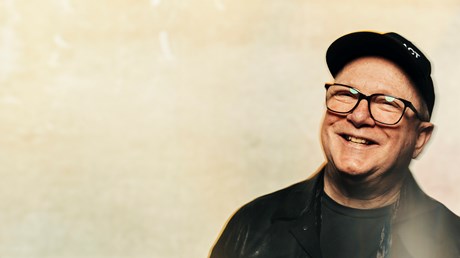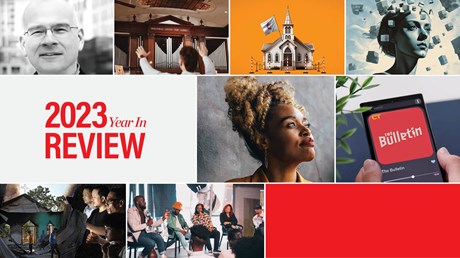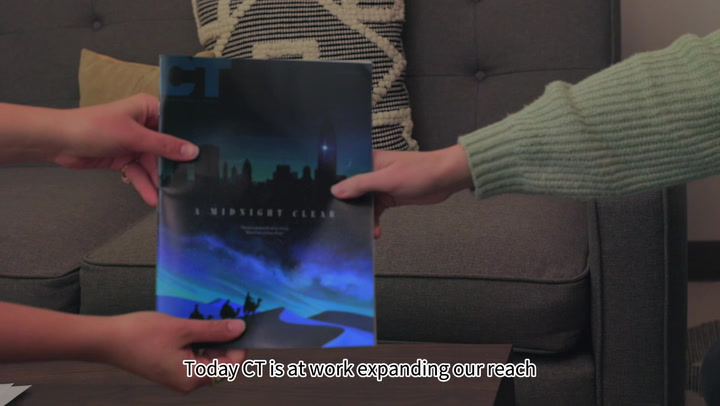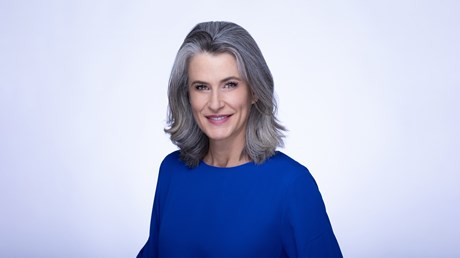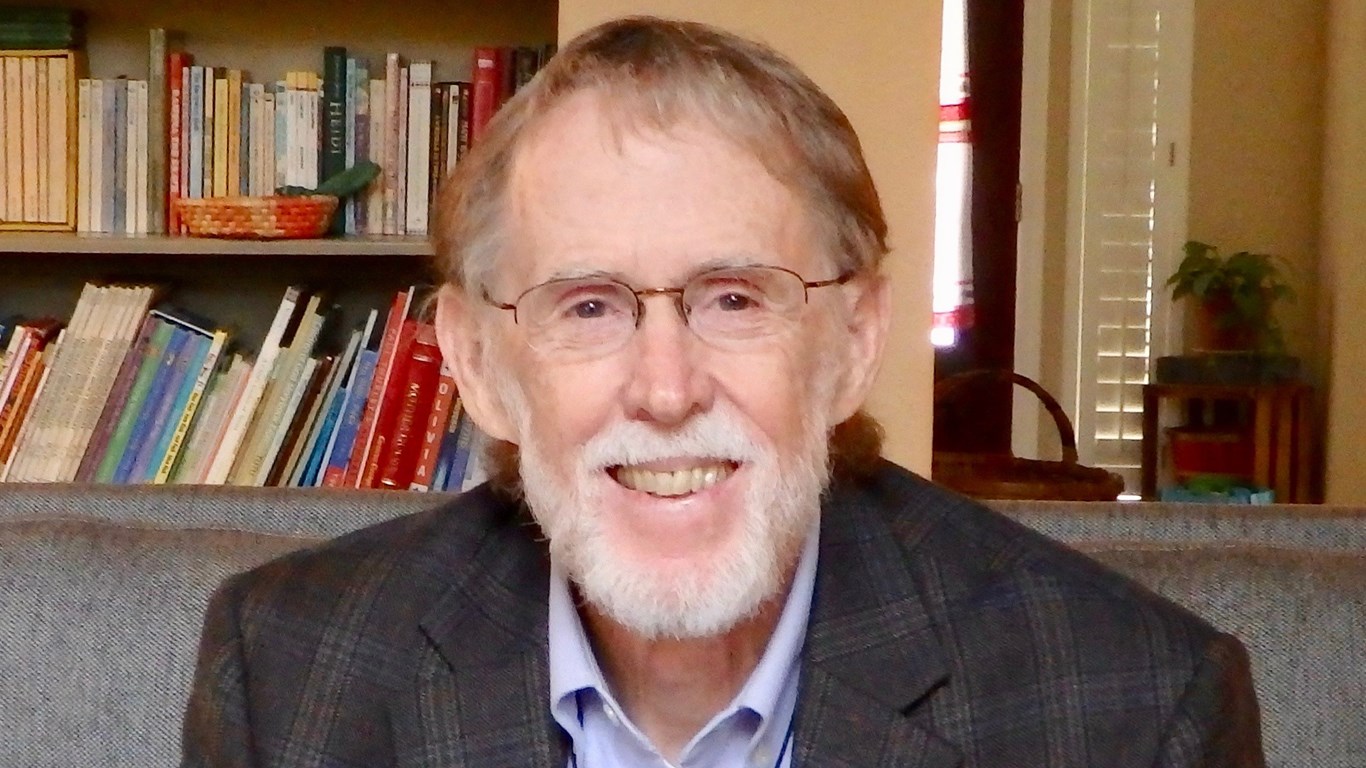
Will you help encourage and connect the church?
Give NowWill you help encourage and connect the church?
Give NowThese days, the president and founder of TaylorGlobalConsult's schedule is full of globe-spanning work made possible by technological advancements. He fills much of his time consulting on Skype, telephone, or face-to-face. He consults as a board member of the new Spanish language Guatemala-based apologetics platform, the CRUX Institute, and his travels there also allow him to mentor, teach, and serve. And all this in addition to teaching yearly in the DMin program at Trinity School of Ministry.
But in his early days in Guatemala, connectivity with the broader world was a challenge, and it was particularly difficult to feel connected with the broader evangelical world. "CT came by boat mail about three months after its USA release," Taylor said. "But that didn't matter. Life was slower back then anyway, and I eagerly read it cover-to-cover to discern primarily what was taking place in the USA," even though, according to Taylor, "CT's global reporting was not strong at that time."
Bill and his wife, Yvonne, traveled to Costa Rica in 1968 for language study, and then invested 16 more years in Guatemala City assigned to leadership development at Seminario Teológico Centroamericano. Their children were born in Guatemala and have dual-citizenship.
Even outdated issues of Christianity Today shaped his intellectual-spiritual growth. His desire to flourish as a reflective practitioner began in Latin America, and was nourished by a number of sources, Christianity Today being a crucial one. After the years in Latin America, his arena became global, and over the next 30 years, according to Bill, "I know CT had a significant influence on my understanding of what it meant to be an internationalized, thoughtful evangelical."
Taylor still reads CT pretty much cover to cover, but now in reverse order, starting with the "Testimony" section: "I'm trying to discern how people now come to faith in the USA. It's so different from Latin America or much of the world. Ironically in recent years I tend to start with the last story, the first-person narrative of people's journey into Jesus and his community," he said. "It's just good medicine for the soul, heart, and mind." From there he moves to the news section (fortified by the online version) and then to the meaty sections.
CT's vision hasn't changed since those early days of boat mail, but cultural challenges have. In a time when the world seems much less remote, Christianity Today seeks to provide the clarity of God's truth when disparate cultures collide and cultural norms start to erode. To that end, Taylor's decades-long relationship with CT has had a grounding influence on his faith. "Our culture has baptized and redefined 'normal' too many times," said Taylor. Though he disagrees at times with CT, Bill says, "I am especially grateful that CT has taken on some of the toughest social, cultural, and ethical issues, and is not backing off, though pressured to do so."
The people who write for CT have changed too. One new writer in particular, his son W. David O. Taylor, has him looking forward to new issues with anticipation. While David's writing focuses on the intersection of Christianity and the arts rather than his dad's passion of missiology and the global church, the groundwork was laid long ago for an appreciation for the varied ways God gifts his children, even within the same family.
"God's gifting and calling upon David is different from mine or anyone else in our family. But my father set the example. He wanted me to go further, probe deeper, grow freely into the great world of our faith, the mission movement, and the body of Christ," said Bill. "That template enables me to affirm and support David in his multifaceted calling as a theologian-pastor-teacher-artist."
Ultimately, what CT brings to Taylor's life is simple and timeless, whether it comes by boat, mail-truck, or Internet: "I want to be a robust and gracious follower of Jesus. CT nourishes that diet."
Richard Clark is branded content & partnerships manager at Christianity Today.



